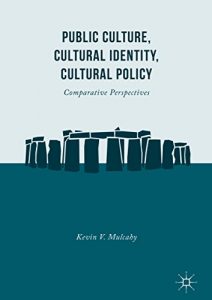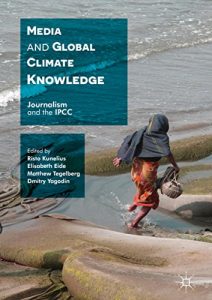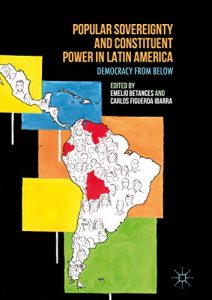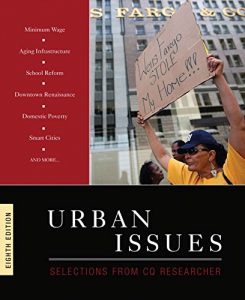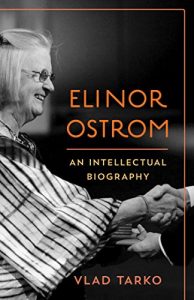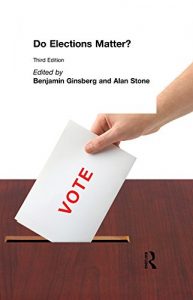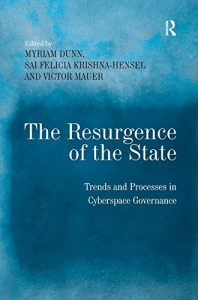I 99eBooks è una directory di eBook. Cerchiamo e classificato intorno alle eBooks Web per te!
Tutti i diritti riservati. I libri e libri elettronici sono di proprietà dei rispettivi proprietari.
Amministrazione pubblica Filosofia Pubblica amministrazione Scienze Scienze politiche Sociologia tecnologia e medicina
Public Culture, Cultural Identity, Cultural Policy: Comparative Perspectives
This book places the study of public support for the arts and culture within the prism of public policy making. It is explicitly comparative in casting cultural policy within a broad sociopolitical and historical framework. Given the complexity of national communities, there has been an absence of comparative analyses that would explain the wide variability in modes of cultural policy as reflections of public cultures and cultural identity. The discussion is internationally focused and interdisciplinary. Mulcahy contextualizes a wide variety of cultural policies and their relation to politics and identity by asking a basic question: who gets their heritage valorized and by whom is this done? The fundamental assumption is that culture is at the heart of public policy as it defines national identity and personal value.
